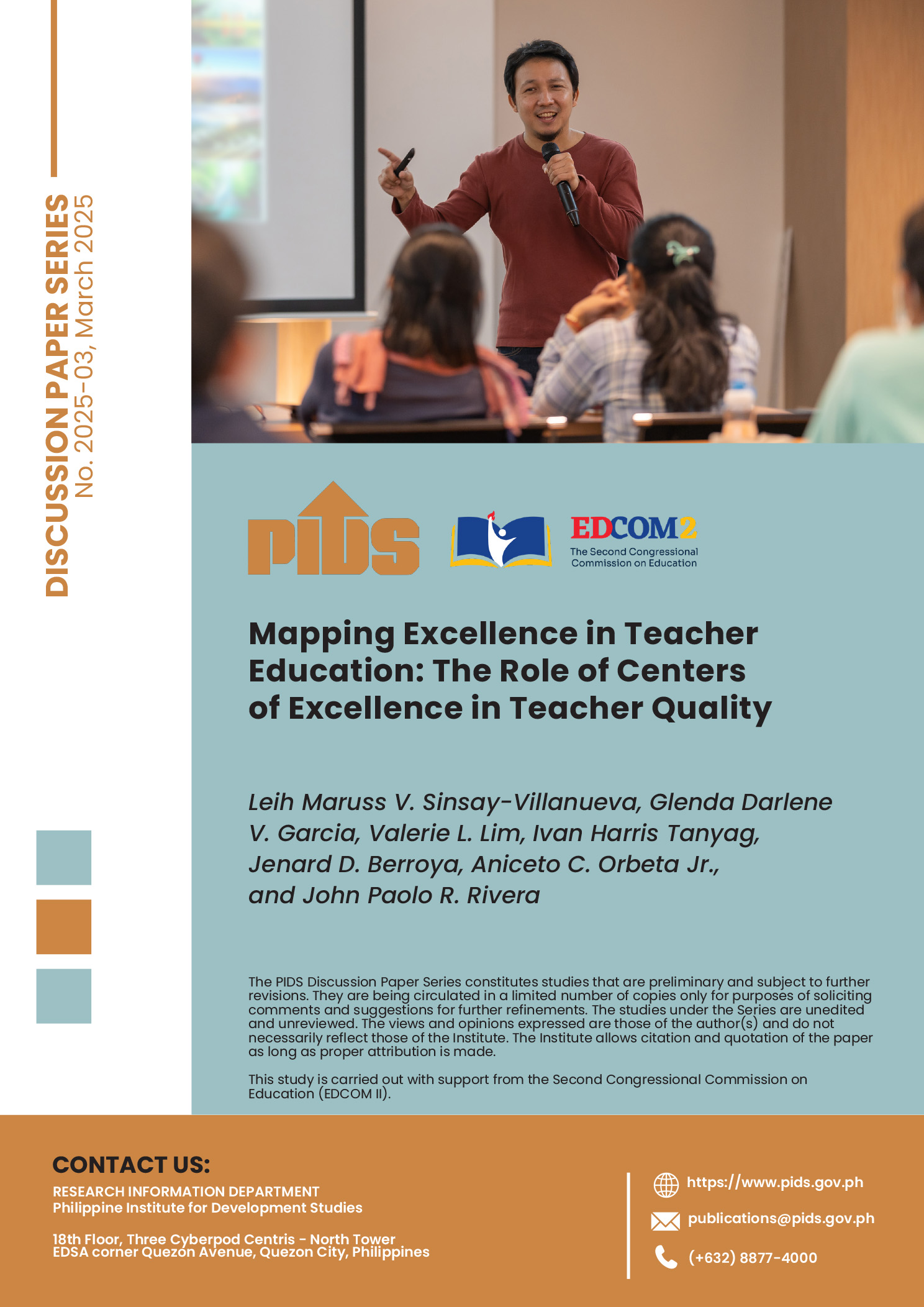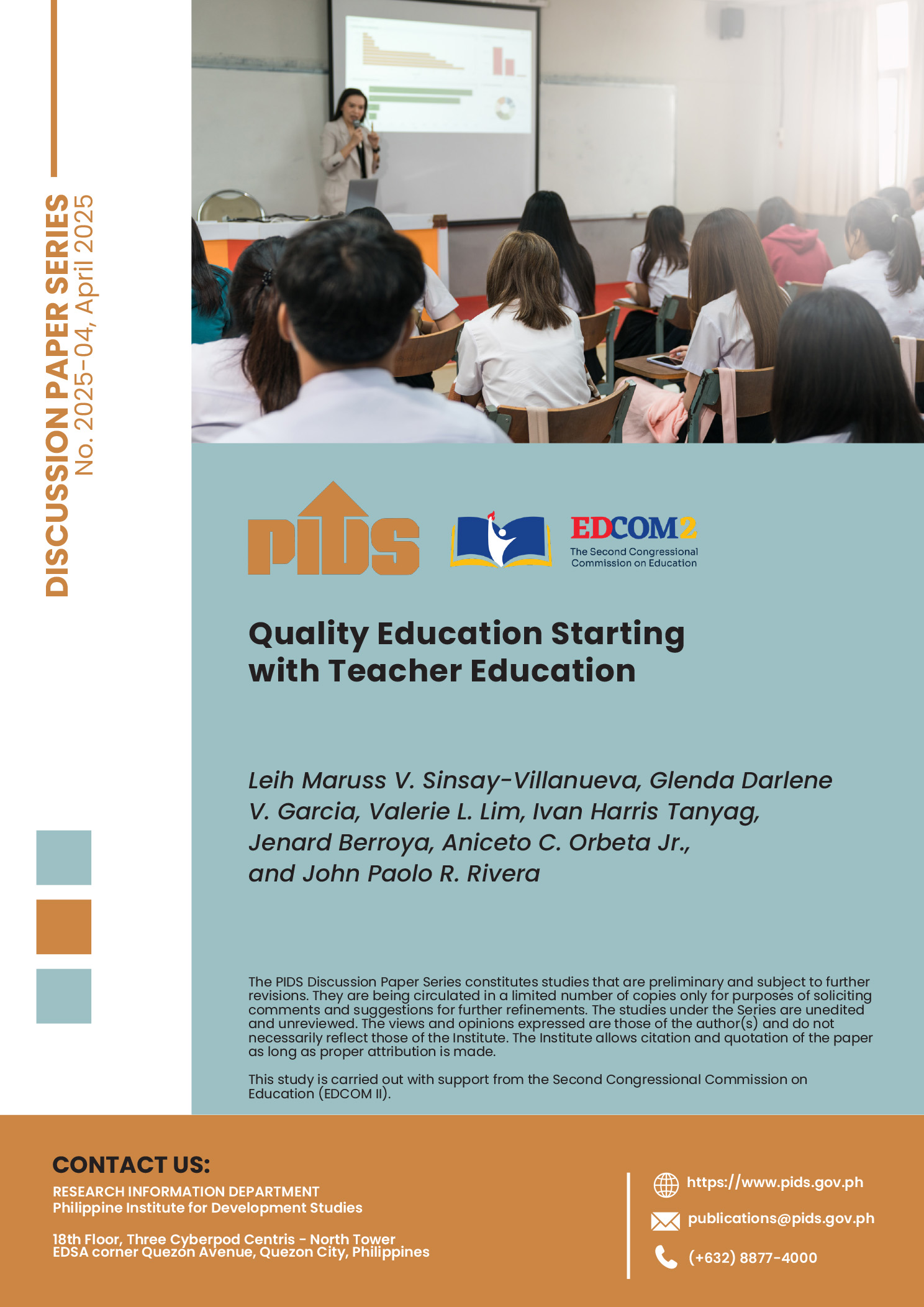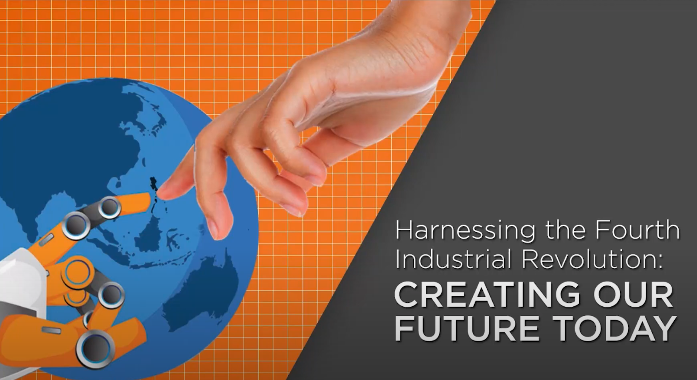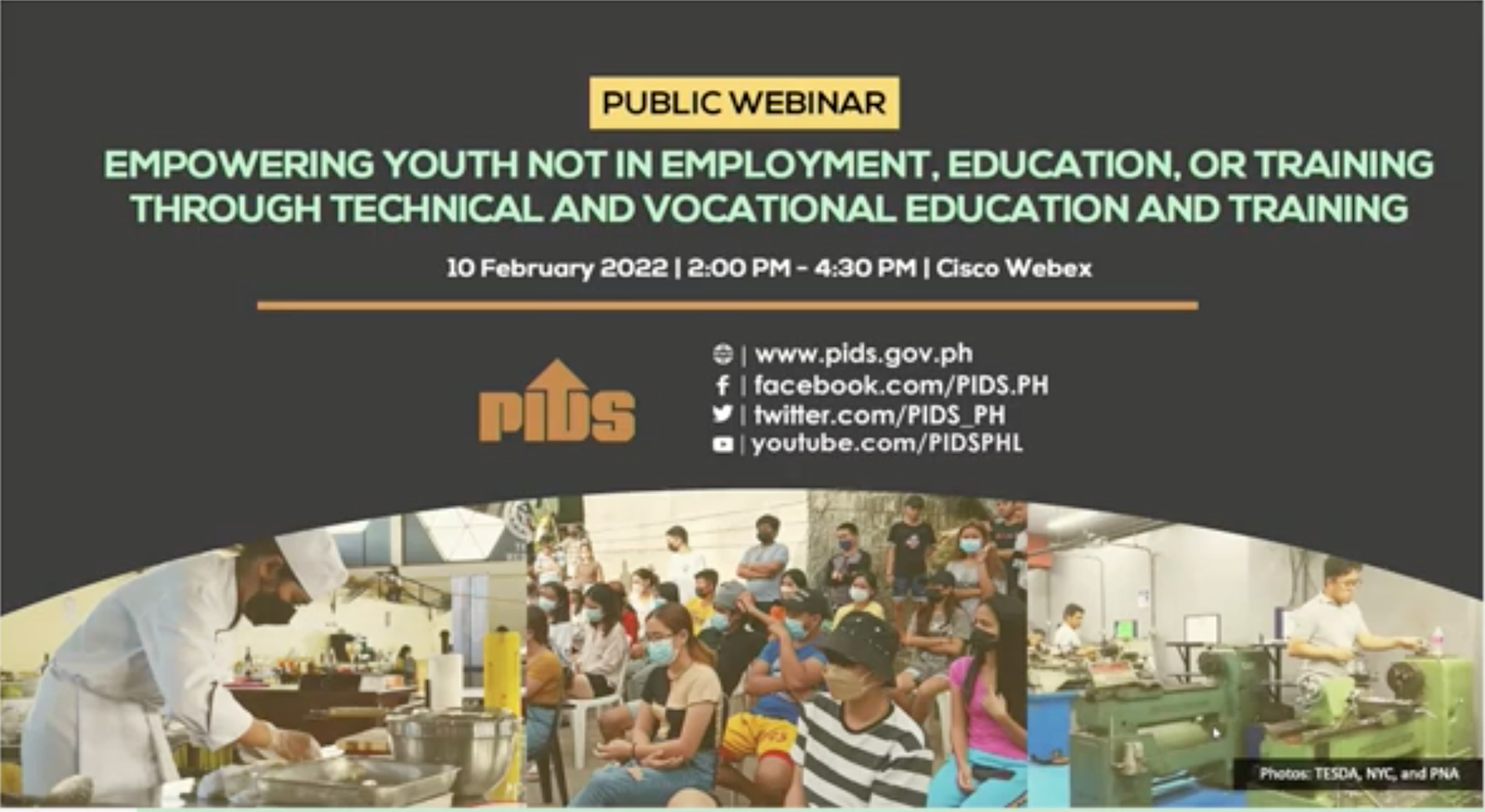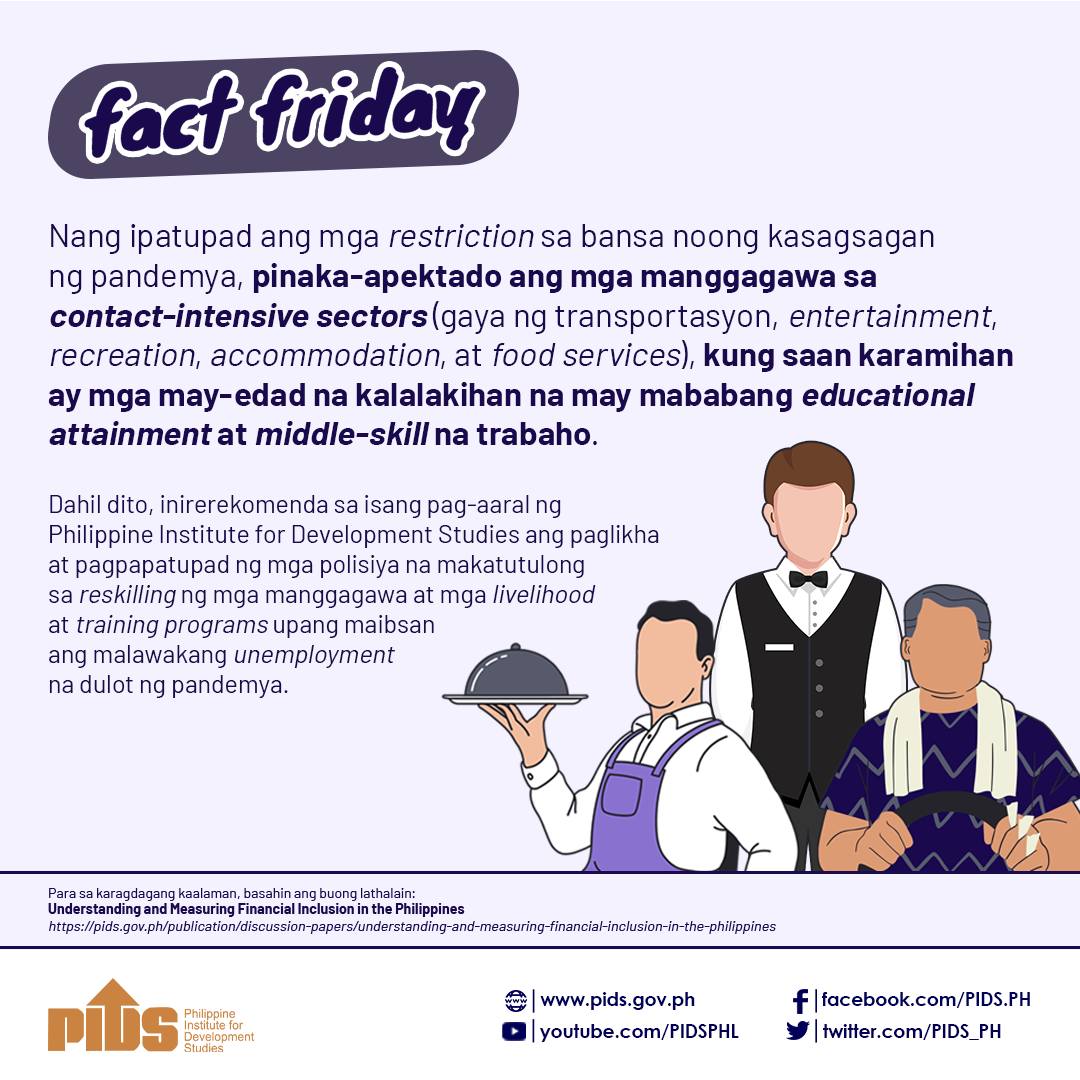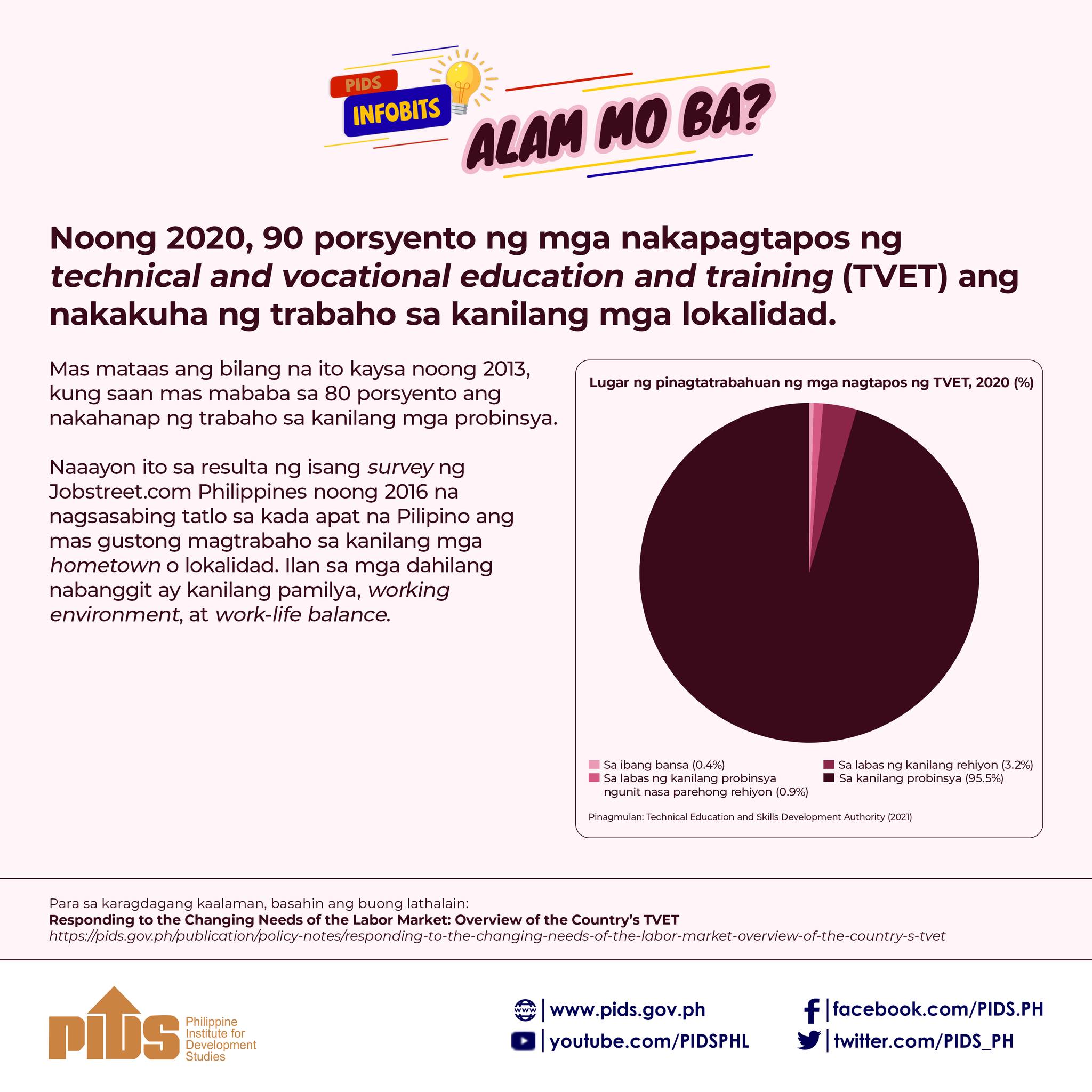
Teacher training in the Philippines needs to align with the realities and demands of modern classrooms, according to the Philippine Institute for Development Studies (PIDS).
Despite the presence of professional development programs and needs assessments, PIDS found that most training remains overly generic, compliance-driven, and disconnected from teachers’ actual challenges—ranging from managing student behavior to integrating digital tools.
The findings were discussed during a live podcast on July 3, co-organized by PIDS and the Centro Escolar University (CEU), where education experts urged a shift toward localized, classroom-focused teacher development.
Teaching as a last resort, not a first choice
According to PIDS Senior Research Fellow Dr. John Paolo Rivera, the study “Quality Education Starting with Teacher Education”, revealed that many students pursue education degrees not out of passion but as a last resort.
“Education course is often taken as a last option. It’s no longer driven by motivation. It could be that the level of interest is low, which may affect the quality of education in the end,” Rivera explained.
The study also found that many teacher education institutions (TEIs) admit students who are not primarily motivated to pursue teaching or are shiftees from other programs—weakening the overall academic aptitude and sense of mission among aspiring educators.
Despite this, research affirms that teacher quality is the most critical driver of student achievement and overall school effectiveness.
The issue is worsened by some TEIs, with 77 offering Bachelor of Elementary Education and 105 offering Bachelor of Secondary Education programs posting 0% passing rates in the Licensure Examination for Teachers (LET) between 2012 to 2022—yet still allowed to operate.
Rivera emphasized the importance of refining admission criteria and developing programs that demonstrate the value of teaching, not just financially, but in terms of its greater purpose and public service.
Burdened by quality assurance
Rivera also raised concerns about how Quality Assurance (QA) is implemented in higher education institutions. While intended to uphold standards, QA processes overwhelm faculty with rigorous documentation.
“Based on our findings, teachers said they were willing to undergo QA, but they’re already burdened with so much work—teaching, even research,” Rivera said.
He noted that the implementation of quality indicators remains inconsistent across TEIs, weakening the standardization of teacher preparation.
Rivera called for streamlined reforms to make QA procedures more relevant and less bureaucratic.
Mismatched training and classroom realities
Rivera’s second study, “Revitalizing the Philippine Education System: Facilitating Access and Participation to In-Service Training (INSET) and Teacher Professional Development (TPD),” revealed a persistent gap between training offerings and teachers’ actual needs.
“A well-designed teacher professional development program comes from assessing whether the training they are taking is suitable for a real classroom setting... It can't be one-size-fits-all,” Rivera said, arguing that training must be aligned with classroom realities and adapted to regional contexts.
PIDS Senior Research Fellow Dr. Michael Ralph Abrigo also noted that teachers seek practical, everyday skills.
“Many of the trainings they want are about the everyday challenges they face. For instance, how to handle unruly students or how to use ICT tools,” he said.
Only 17.6% of public school teachers participated in relevant training during School Year 2023-2024, with non-participation rates in Metro Manila reaching 88%.
Teachers also expressed frustration with training dominated by structural topics like curriculum rollout and school-based management, while critical areas such as differentiated instruction, inclusive education, and digital literacy are underrepresented.
Responsible use of technology
Digital tools and artificial intelligence (AI) are playing a larger role in classrooms—but educators say guidance is lacking.
Rivera underscored that AI should support—not replace—teachers.
“Education still requires a personal touch,” he explained, highlighting that learning outcomes are a product of the teacher’s role in applying technology meaningfully.
Abrigo also cautioned against relying too heavily on AI, citing risks of misinformation or “hallucinations.” He advocated for the need to train students to understand the boundaries of AI and how to use it responsibly.
But many struggled with limited access to personal devices, unreliable internet connections, and low familiarity with advanced tools.
Better support for learners, teachers
The podcast also emphasized the need for inclusive education.
Rivera stressed the need for teacher training to support neurodivergent learners, who make up an estimated 15 to 20% of the global population.
He called for a whole-of-society effort involving schools, families, communities, faith-based groups, the private sector, and policymakers.
The studies also flagged rising behavioral and mental health issues among students, particularly anxiety, attention issues, and a lack of socialization, which the current teacher training programs rarely address.
This has fueled calls for more support in mental health and classroom behavior management.
Beyond training, the experts emphasized the need to restore the high regard once given to teachers.
“This cannot be addressed by just one stakeholder alone. Maybe we need to go back to placing greater value on our teachers,” Rivera said, referencing countries like Japan, where educators are highly respected.
Watch the dialogue’s playback at https://bit.ly/pidslive070325, or read full studies at https://bit.ly/pidsdp2025-04 and https://bit.ly/pidsdp2025-14. – MAEC


